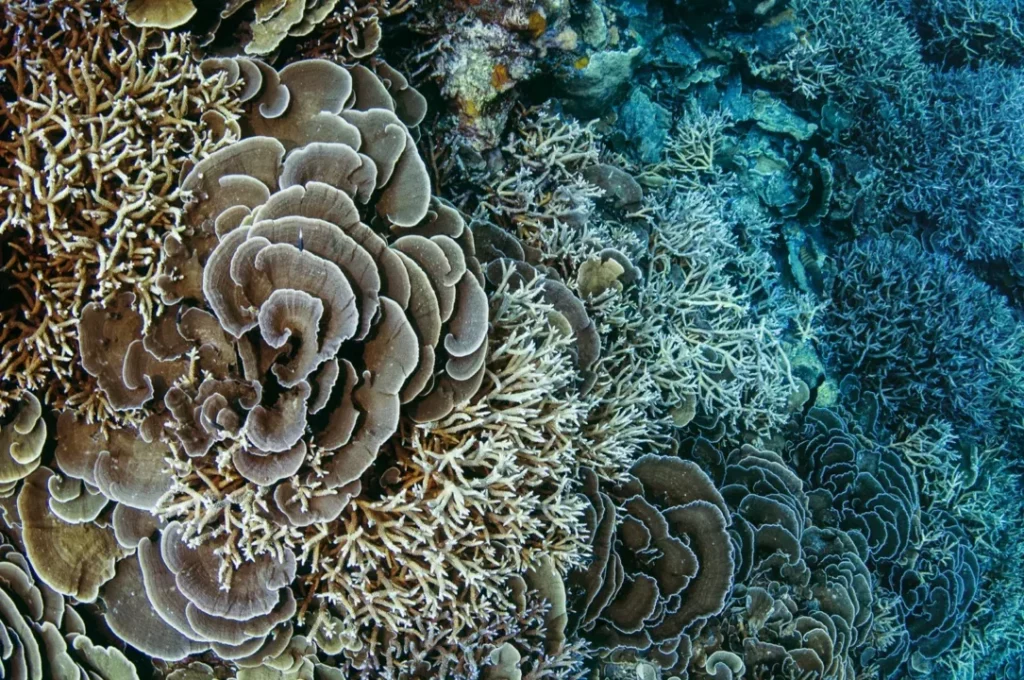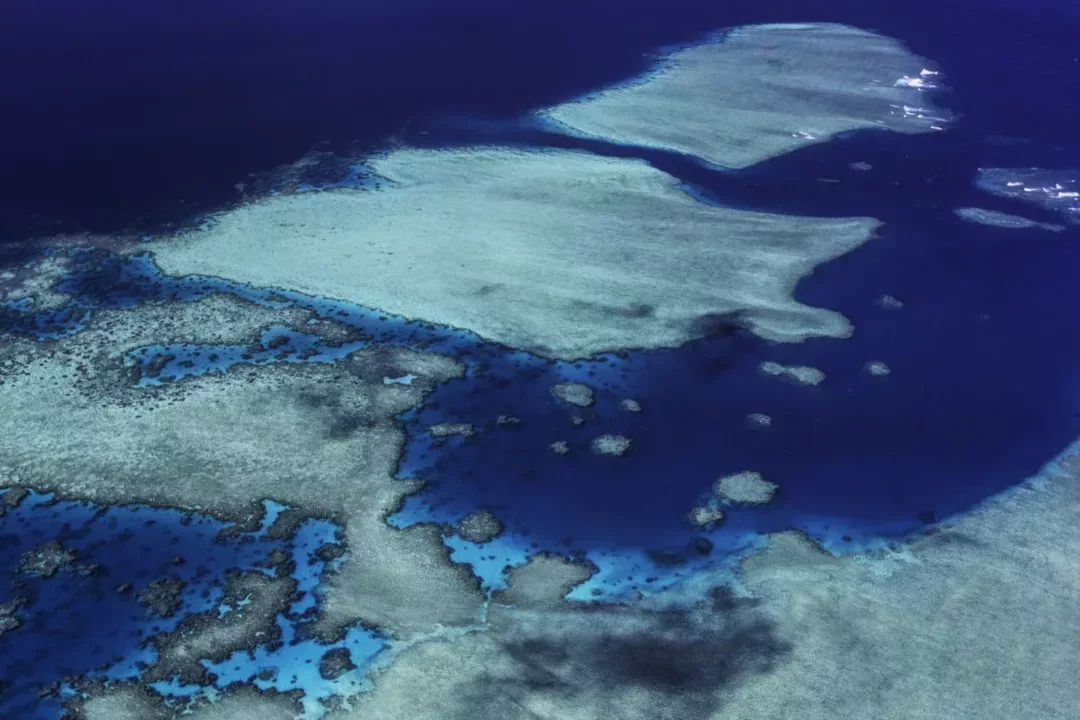A new multi-sector collaboration involving 22 organizations is being launched to address a pervasive global problem – marine pollution from sewage and wastewater. Kicking off this month, the new Science for People Partnership (SNAPP) project will deliver a toolkit of guidelines and best practices for sanitation and marine conservation practitioners and local communities looking to curb water pollution and boost public and ecosystem health outcomes.
Pollution from inadequately managed sanitation and untreated/partially treated wastewater seeps into the ocean every day all around the world, smothering underwater ecosystems like coral reefs and degrading coastal fisheries and water sources that communities rely on. Tackling this issue on a global scale has long been difficult, as sanitation knowledge levels and available public and private infrastructure (like wastewater treatment facilities) differ widely from community to community. A recent global mapping effort led by the WCS revealed that water quality is one of the top threats facing coral reef ecosystems.

The team of experts from the sanitation and conservation sectors will synthesize existing processes, data, and experiences, with a focus on coral reef areas. By reevaluating effluent guideline values and creating intervention guides, we will equip practitioners with the tools to develop interdisciplinary, comprehensive strategies for improving sanitation management and enabling long-lasting conservation action. The team will work towards tor following goal:
- Identify knowledge needs among marine conservation and sanitation practitioners to improve collaboration on sanitation management challenges
- Develop evidence-based wastewater pollution guideline values for coral reef ecosystems to help managers set pollution targets that are complementary to existing health targets
- Design sanitation planning process guides to help conservation and sanitation practitioners work together on sanitation management interventions that meet public and ecosystem health goals
SNAPP is a partnership between The Nature Conservancy and Wildlife Conservation Society. It is a scientific collaboration that is developing solutions to some of the world’s most significant conservation challenges that impact both people and nature. Since its inception in 2013, SNAPP has launched 45 working group projects, which to date have engaged more than 1200 scientists and conservationists from over 550 institutions and 66 countries. These teams have produced 125 peer reviewed scientific publications, 8 online tools, and have helped raise more than $21 million to follow-up on the outcome of SNAPP groups and to take those outcomes into practice.

